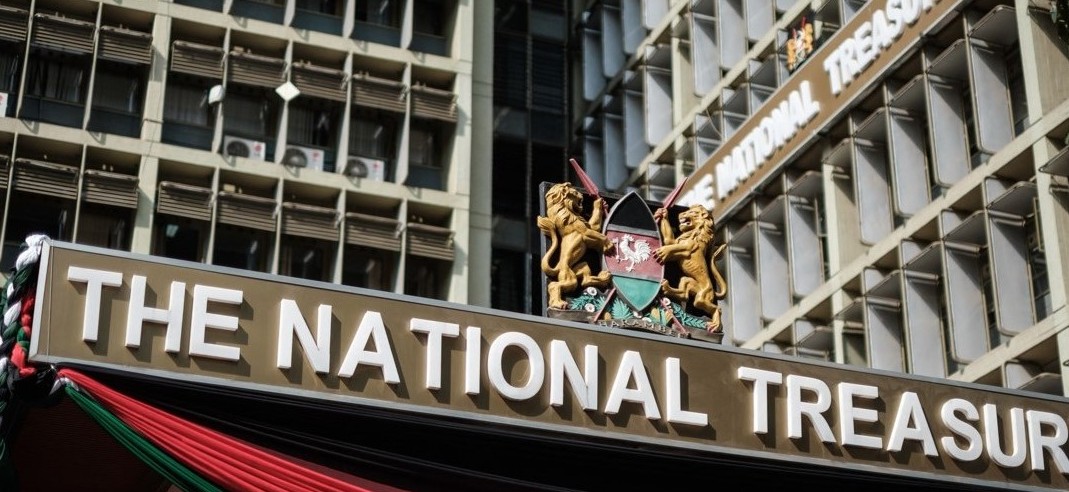Court gives KFCB nod to regulate social media content

However, the court also ruled that the legal requirement for all audio-visual content intended for public display to first be examined and approved by the KFCB is impractical and constitutes an unjustifiable intrusion into personal privacy.
The Kenya Film Classification Board (KFCB) has been granted a reprieve after the High Court ruled that it is within its mandate to regulate content on social media platforms such as TikTok, YouTube, and Facebook, in a bid to protect Kenyan cultural and moral values.
In a judgment delivered by Justice Lawrence Mugambi at the Milimani Law Courts, the court dismissed a petition filed by singer and content creator William Getumbe Kinyanjui.
More To Read
- Wildlife at risk: TikTok sellers caught peddling endangered species in West Africa
- Online attacks against judges threaten judicial independence, CJ Koome warns
- Lamu man jailed for defamatory social media posts
- New Instagram update adds reposts feed, friends tab and Snapchat-style private sharing
- TikTok deletes 450,000 videos in Kenya for policy violations in first quarter of 2025
- Over one-third of Kenyans spend over six hours daily on social media, GeoPoll survey finds
The judge found that the KFCB had acted within its legal mandate when it directed Getumbe to take down two controversial music videos uploaded to YouTube earlier this year.
However, the court also ruled that the legal requirement for all audio-visual content intended for public display to first be examined and approved by the KFCB is impractical and constitutes an unjustifiable intrusion into personal privacy.
“In these contemporary times, when anyone with a smartphone can record a video and upload it to social media for public access, it is absurd to expect the Board to enforce the requirement of examining, classifying, and rating every such video—or to demand licence fees prior to filming and uploading amateur content,” said Justice Mugambi.
Getumbe had argued that his content, recorded using a smartphone and shared on platforms such as Facebook, TikTok, and YouTube, fell outside the scope of the Films and Stage Plays Act.
He maintained that the Act was intended to regulate conventional film production, not amateur social media content, and challenged a licence fee demand of Sh234,200 from the Board.
He also sought court orders to bar the KFCB and its CEO from engaging social media platforms to remove his posts or suspend his accounts.
However, the court rejected his arguments, ruling that the law does not differentiate between professional and amateur content, or between traditional media and digital platforms.
“As for the claim that the Films and Stage Plays Act does not grant KFCB powers to regulate social media activity, this argument is untenable. The regulation applies to any audio-visual recording made available for public exhibition,” the court stated.
Other Topics To Read
Top Stories Today
- Absa launches women-only Islamic bank account to spur financial inclusion
- NTSA to conduct free school bus inspections in new campaign to curb accidents
- Court suspends Ruto’s anti-corruption taskforce pending hearing of case
- Service delivery at risk as Treasury delays Sh34.6 billion July allocation to counties
- Bolt rolls out dashboard cameras to boost driver-passenger safety, accountability
- Uganda agrees to take migrants under US deportation deal














































